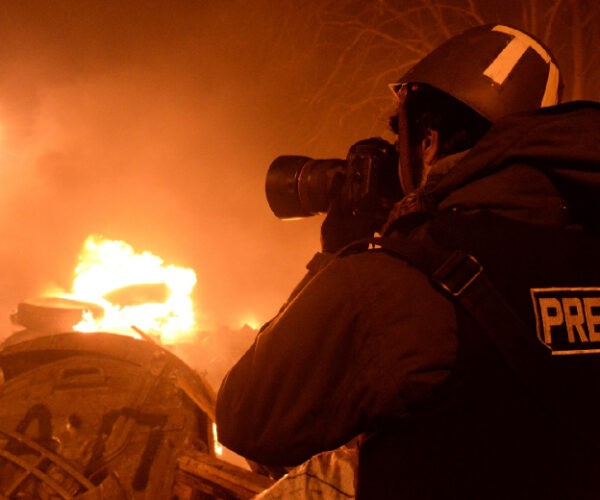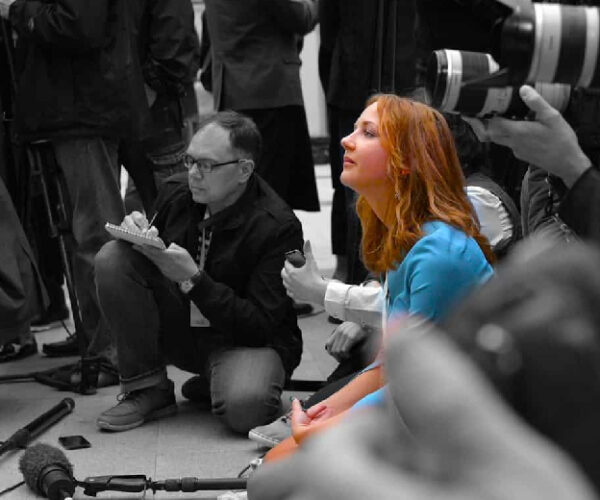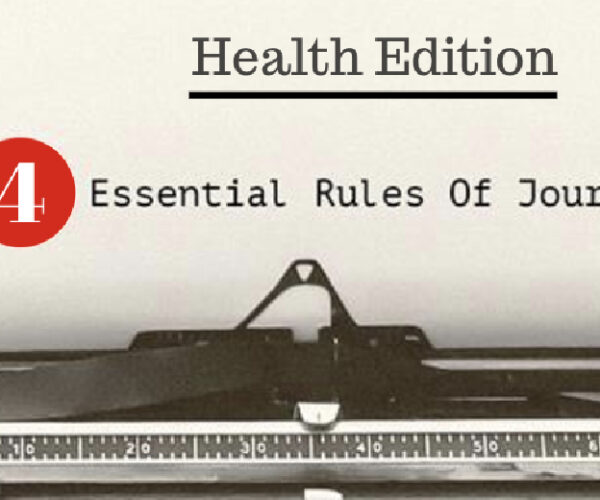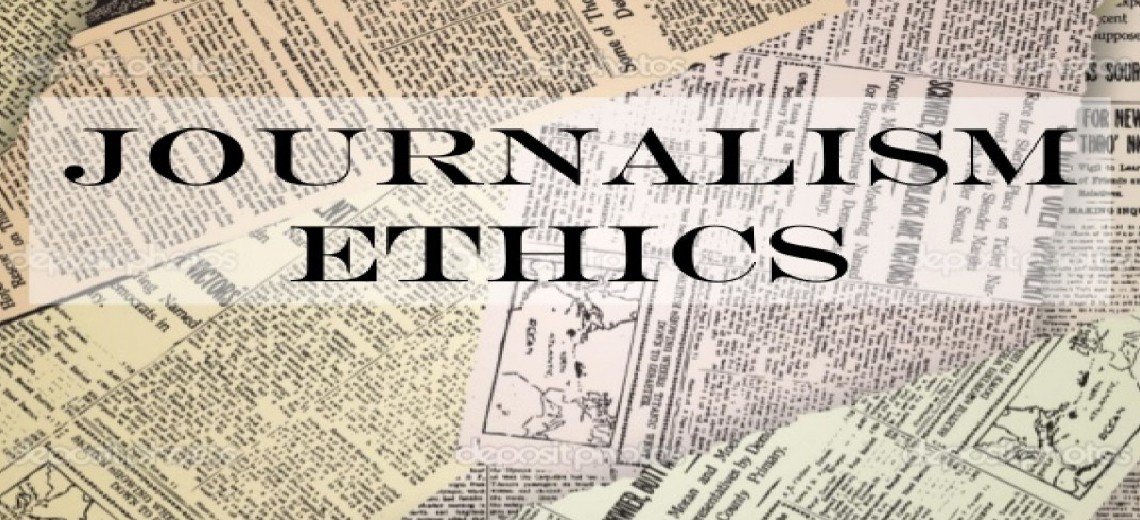The Society of Professional Journalists strives to ensure the free exchange of information that is accurate, fair and thorough. They believe public enlightenment is the forerunner for justice and democracy. Ethical journalism makes sure you act with integrity as an ethical journalist
Ethical journalism is an important part of a free and open society. The Society for Professional Journalists stated that all people in the media should strive to uphold these principles as their foundation: Seek truth, minimize harm, act independently, be accountable and transparent.
Accuracy:
NPR sets the standard for accuracy in news with diligent verification, rigorous reporting and presenting a full truth.
What is the reason behind NPR’s devotion to extreme accuracy?
NPR has an unparalleled commitment to fairness and balance that goes beyond what other media organizations provide. We challenge all claims that we come across so our information can be verified as true without bias or personal opinion – ensuring your story remains untouched by any outside forces which could alter its meaning from how it was intended at first glance because of their own perspective on topics they might not fully understand.
The important task of challenging oneself when experiencing something new causes you to learn more about yourself during this process than before even happened while also allowing others a chance for self-growth through understanding
The Importance Of Fairness:
Fairness in the news. Reporting and interviewing should be fair to colleagues, as well as being accurate; unfair reporting can have negative effects on your company’s reputation – even if you’re not at fault for what went wrong!
In order to be fair and accurate, it is essential that the individuals that are interviewed with respect. Our team makes every effort to hear from subjects of criticism in our stories by gathering their responses for accuracy before broadcast or publication online. What is edited out is only done so because it doesn’t fit the time constraints necessary for a story’s clarity and not due to any harm intended on behalf of the interviewee which remains faithful when reporting what others say despite how this may create an appearance between them
Completeness:
We go to great lengths in our reporting, but sometimes there just isn’t enough space or time for us to tell the whole story. But incomplete reports can also do more harm than good- they are often inaccurate and leave out important details that could change how readers understand an issue. We include diverse voices of all kinds in order to properly represent society as a whole – not every person will have their voice heard equally, but this is what makes journalism so powerful: it’s ability let people speak with one another on topics that may otherwise be difficult for them.
As journalists we seek completeness while recognizing some stories cannot ever be told completely due less page space or limited access among others things like lack of resources needed; however many times incompleteness
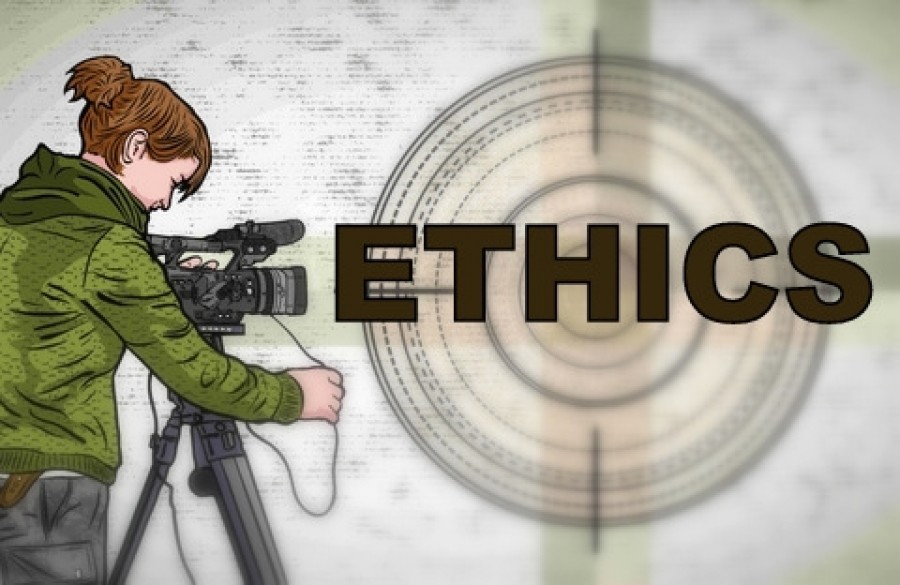
Honesty
Journalism is a noble profession. For centuries, journalists have been relied upon to deliver accurate and reliable news reports from the front lines of war zones and disaster areas alike. The work they do has helped millions around the world make sense of their circumstances in times when it seems like nothing makes any sense whatsoever.
We are confident we can be trusted because we’re honest with our readers about information that comes from where, attributing sources whenever possible so that you know who said what—and why they might not always tell us things straight up but instead offer some new angle or perspective on an issue or event as well as advice for how people should respond to those events accordingly; journalism being based largely on trust after all! We also avoid
Independence
To ensure the trust of the public, we must demonstrate our loyalty to them. Individuals who have conflicts of interest with this priority undermine our credibility, and as a result, some of us refuse to provide coverage related to any conflicting interest- like a spouse or other family member for example – in order to maintain fairness towards all parties involved. We are vigilant in disclosing anything where there may be loyalties divided between what could seem as conflicts and work diligently so no one suffers unfairly because of their profession by means of skewed reporting for personal gain
Impartiality
We hold ourselves to a high standard and work extraordinarily hard in order prove us worthy of the trust that is placed on us. We are rigorous pursuers of truth, which is fundamental in protecting our reputation as impartial judges. Be aware if your loved one has political leanings – it may create an appearance of bias for them within their position with the court system, so don’t sign anything or advocate for anyone involved with any case they’re working on at this time.
Transparency
Our journalism must inspire confidence in the public by giving them tools for evaluating what they see. We provide as much information on how we gather and verify facts as possible so readers can evaluate on their own merit. In addition, when making tough decisions with challenging topics or partners involved, transparency of process will lead to more trust among those who follow us closely- which helps build a strong foundation from which all share quality content throughout the world.
Accountability
Accountability is a vital part of our work. We are always prepared to take responsibility for what we do, so the people who have invested in us by reading or listening can trust that they’re getting accurate information from an honest source. A careful approach to sources helps make stories strong enough to stand up against scrutiny, good relations with the public help journalists improve their journalism skills-and sometimes fix mistakes when they happen!
Mistakes will inevitably be made along the way; however it’s important for them not only to be recognized but also corrected promptly whenever possible. Making sure you know how your audience feels about your work means being open and receptive while still taking time out every once in awhile on reflection if needed.”
Excellence
Our excellence in storytelling will touch your heart.
We pride ourselves on crafting engaging journalism with an emphasis on telling the truth and avoiding sensationalism that would obscure what is significant to us as a news agency. Our work strives for maudlin-free sentimentality, giving life to profound pieces of writing while staying true to our journalistic integrity.
Respect
We respect every person we come in contact with because they deserve our respect and consideration. We do not act arrogantly or manipulatively, we are civil in the way that we speak and treat others, listening when people talk instead of thinking about what answer will make them look best- this is an important part of being a journalist.
When asking questions it’s always for answers rather than confrontations; understanding differences amongst cultures where possible without overstepping boundaries; taking care if someone is suffering or vulnerable; mindful of their privacy whilst fulfilling journalistic obligations
Putting Principles Into Practice
Holding true to our principles is critical in maintaining the high standard we owe. To do this, it’s important that we embrace complexity and work through difficult decisions with diligence. The four guiding principles are always at tension between each other but they reinforce one another as well: obeying mission; upholding human rights; protecting environment integrity; promoting democracy & social justice together-problem solving should be approached from a global perspective for sustainable development outcomes – not just local ones – so long as all strategies offer equal opportunity to individuals no matter their race, sex or religion.We want to make a better world, and we believe it is our shared responsibility. This statement aims to guide each of us in ethical decision-making processes. It should provoke discussion about how best to live up these principles – by fostering an ongoing dialogue with one another that challenges the moral compass within ourselves on a daily basis so as not be complacent or passive when faced with difficult decisions at work.

